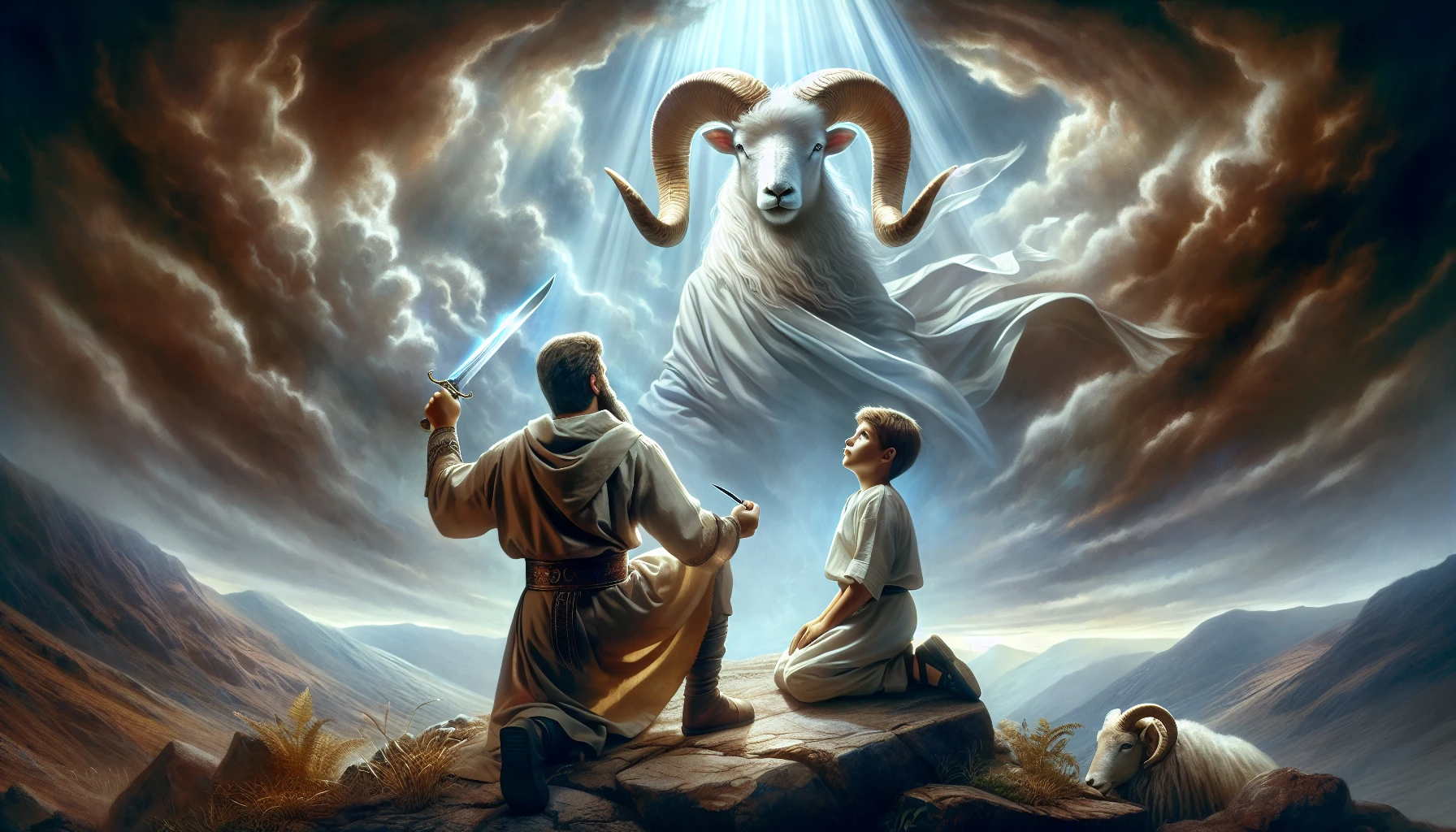
Article by
The celebration of both Eid-ul-Fitr and Eid-ul-Adha hold significant value in Islam, marking moments of spiritual reflection, happiness, sacrifice and commemoration. These festivals are among the most significant in the Islamic calendar, celebrated once in a year by Muslims across the globe. As a part of Islamic tradition, Eid-ul-Adha is celebrated annually, approximately 2 months and 10 days after Eid-ul-Fitr. Additionally, the exact date for Eid is determined according to the Islamic Calendar as well as the sighting of the crescent moon. For that reason, Eid-ul-Adha falls on different days in various regions around the world.
Like any other festival, Muslim usually wear new clothes on Eid-Ul-Adha and there is a typically a public holiday from school and universities for 2 to 3 days. Moreover, Muslims participate in community events, lunch and dinners invitations, visit relatives, exchange gifts, organize gatherings with friends. Similarly, special Eid prayers are also offered. While customs and traditions for Eid vary in different regions due to the diversity of culture and traditions, the purpose and significance of Eid-Ul-Adha remains consistent across the globe. Unfortunately, in our rapidly growing digital world, the importance of this Eid and its historic origins are sometimes overlooked and people tend to observe Eid in a mechanical manner.
The reason for the celebration of Eid-Ul-Adha dates back to the story of Prophet Ibrahim (Abraham), who received a command to sacrifice his son. When he willingly decided to sacrifice his son to fulfil Allah’s command, Allah sent angles who brought a lamb to be sacrificed instead, leaving his son Ismail/Ismaeel alive.This story is mentioned in chapter 37 of the Holy Quran. This story sets the tradition to sacrifice animals on every Eid for the Muslim generations that came after Prophet Ibrahim. In Islam, a true Muslim or Momin is the one whose love is purely for Allah and his Prophet Muhammad (P.B.U.H), and transcends every other worldly love. Therefore, this story serves as a reminder to one of the basic principle of Islam that emphasizes on our love for Allah and his last messenger (P.B.U.H), beyond all earthly attachments including familial love.
Since the love of parents for their child is considered profound, thereby this example suggests to surpass that love by prioritizing faith and moral values. Therefore, the entire notion of sacrifice, commonly referred to as Qurbani in Pakistani language, is related to sacrificing something so beloved to us in order to stay firm in our faith and moral values. The thing we so dearly love and cherish could be money or property or fame.
In many Muslim cultures in different regions, they get the animal few days prior to the Eid so they can spend time with the animal, feed him and develop a bond. Once an affectionate attachment is developed with the animal, it becomes a challenge for them to sacrifice the animal. Furthermore, another beautiful ritual for this Eid is to divide the meat evenly into three parts after sacrificing the animal;. One for ourselves, the other one for our relatives, and one is for the underprivileged community. Both of these rituals during Eid-ul-Adha teach us to love Allah and His last messenger (P.B.U.H), beyond worldly attachments and to take of those less fortunate during Eid. Nevertheless, these acts of sacrifice and generosity reflect the core message of Islam, which is to fulfil our duties towards Allah and our duties towards fellow human beings. Thus, it is important to celebrate Eid-ul-Adha with sincere intentions and a mindful reflection of its origins, while also ensuring that the underprivileged individuals are enjoying it too.
 Monthly "Azeem English Magazine", launched in 2000, records the information about diverse fields like mental health, literature, research, science, and art. The magazine's objective is to impart social, cultural, and literary values to society.
Monthly "Azeem English Magazine", launched in 2000, records the information about diverse fields like mental health, literature, research, science, and art. The magazine's objective is to impart social, cultural, and literary values to society.
+92 51 88 93 092
First Floor, RAS Arcade, Eidhi Market, Street#124, G-13/4, Islamabad, Pakistan, 44000.